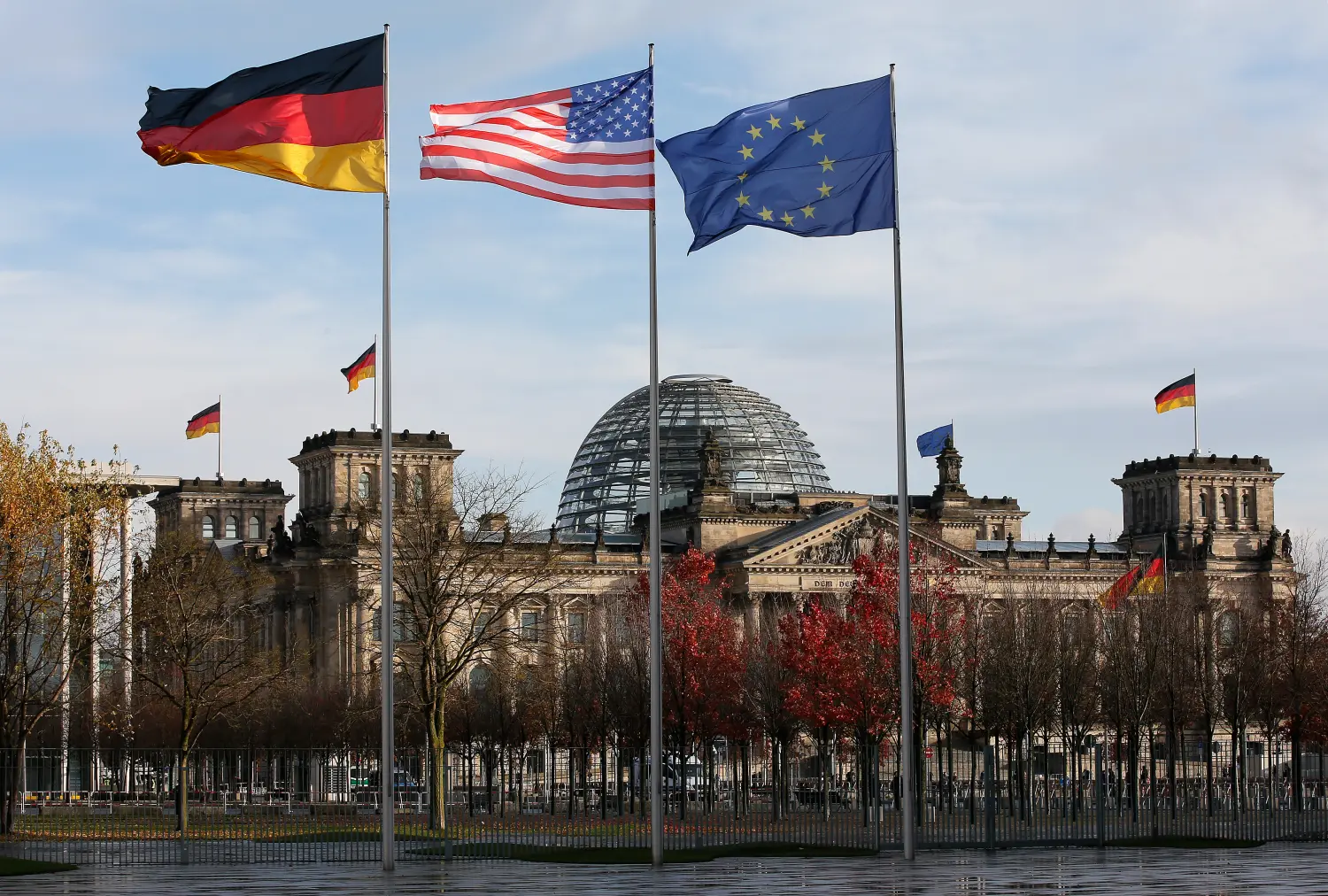At a June 2005 meeting in Berlin on Russia’s relations with Germany and Europe, Russian politician, Dmitry Rogozin, complained that Europe had developed a peculiar “oil phobia” about Russia. By this he meant that Europe perceives Russia’s growing share of its energy imports as dangerous. And, in fact, Europe has both an oil and a gas “phobia” about Russia, as Russia is also the largest single supplier of gas to European markets. According to the logic of this dangerous dependency—which is an echo of the old fears about the USSR in the 1970s and 1980s—Russia will wield its oil and gas exports as a political weapon against its neighbors to exert negative influence over their policies. In this view, the oil and gas-fueled “Finlandization of Europe” is inevitable as European domestic oil and gas production declines and imports continue to rise. Indeed, this phobia has become a real issue in public discourse in several European countries, including Germany, and is starting to percolate into political circles at the European Union level in Brussels.
Comments from other prominent Russians over the last several years have encouraged this phobia—like the President of Russian oil giant, LUKOIL, Vagit Alekperov’s oft-quoted April 2001 interview on the Russian oil industry’s expansion in Eastern Europe. In a candid moment, Alekperov remarked, almost off-handedly, that he was “certain that Bulgaria, whose oil sector is almost entirely owned by Russian companies, will not conduct an anti-Russian foreign policy in the foreseeable future.” The basic facts provide further validation. In 2004, around 42% of Europe’s oil imports came from Russia and just over 43% of Europe’s gas imports.1 But Europe’s Russian “oil phobia” is somewhat over-played. The fashionable obsession with “energy realpolitik” glosses over the influence of other political priorities, and more prosaic issues like commercial considerations and the functioning of international energy markets. More important perhaps, it ignores Russia’s corresponding dependency on Europe as a market for Russian energy.
The Brookings Institution is committed to quality, independence, and impact.
We are supported by a diverse array of funders. In line with our values and policies, each Brookings publication represents the sole views of its author(s).



